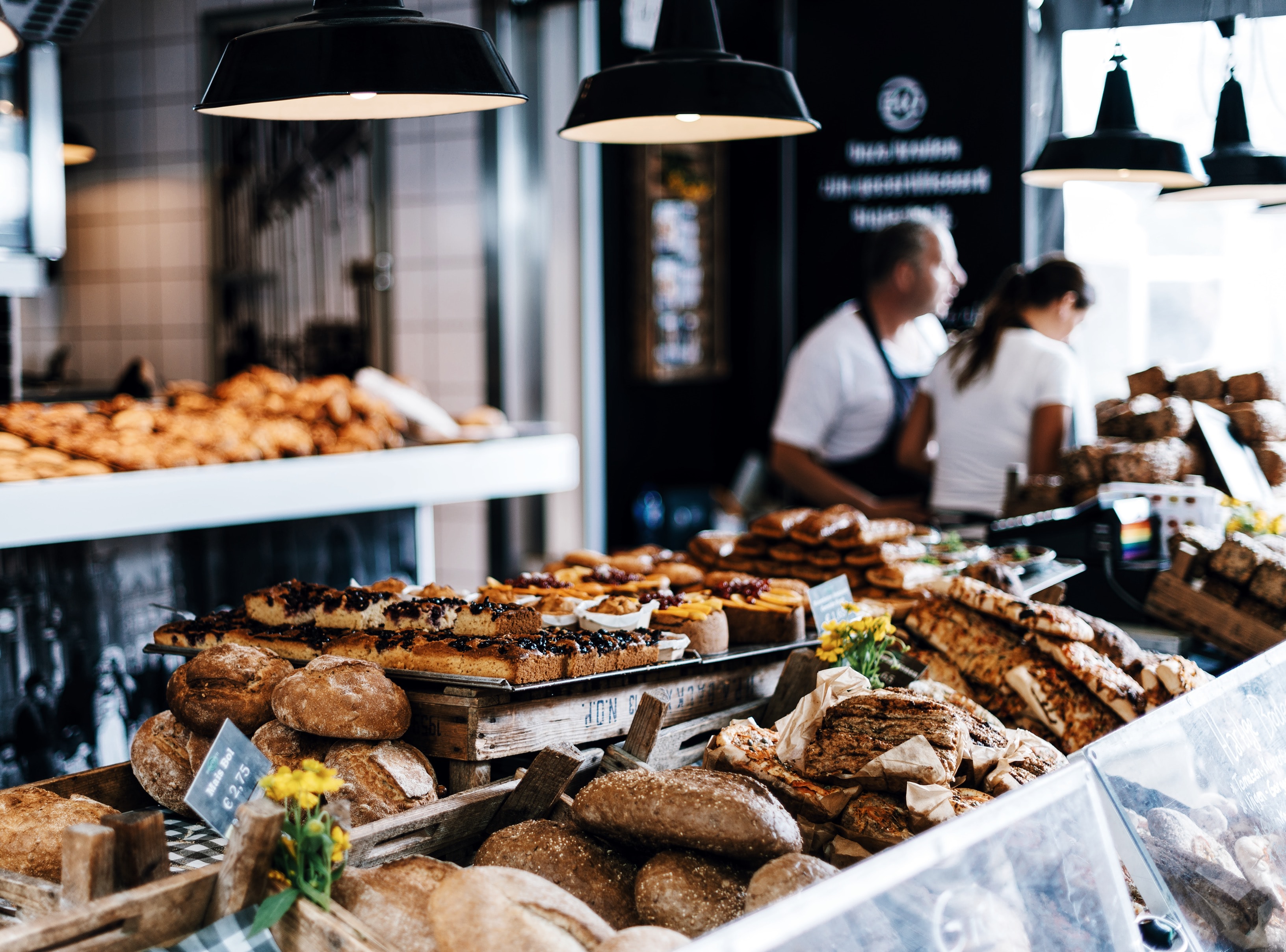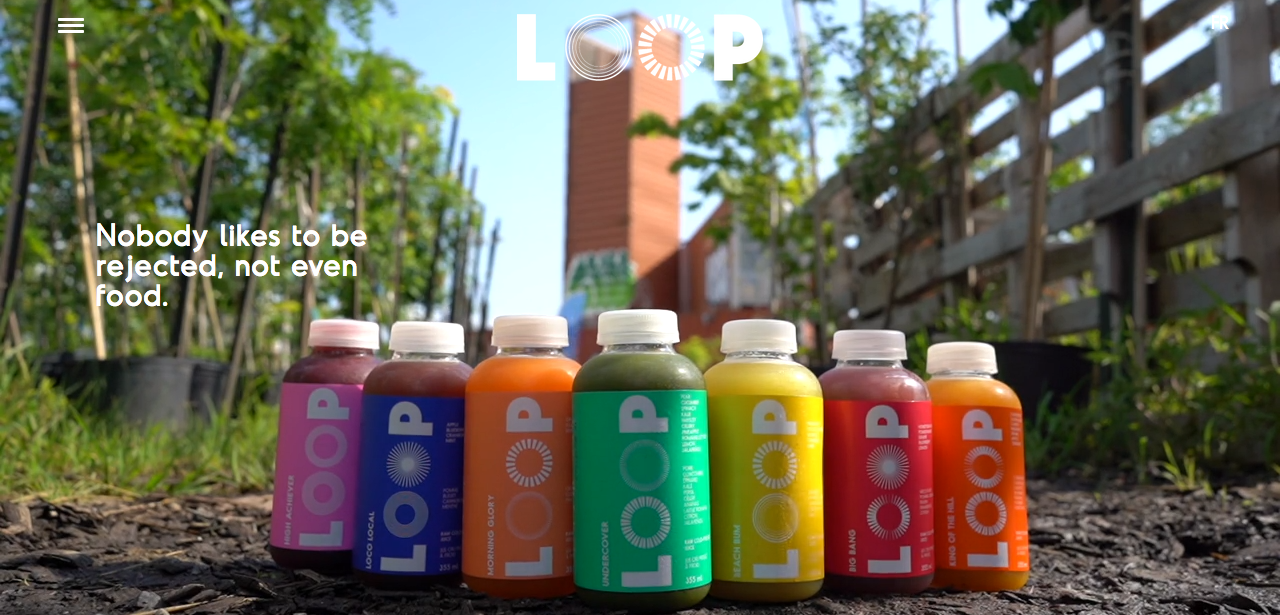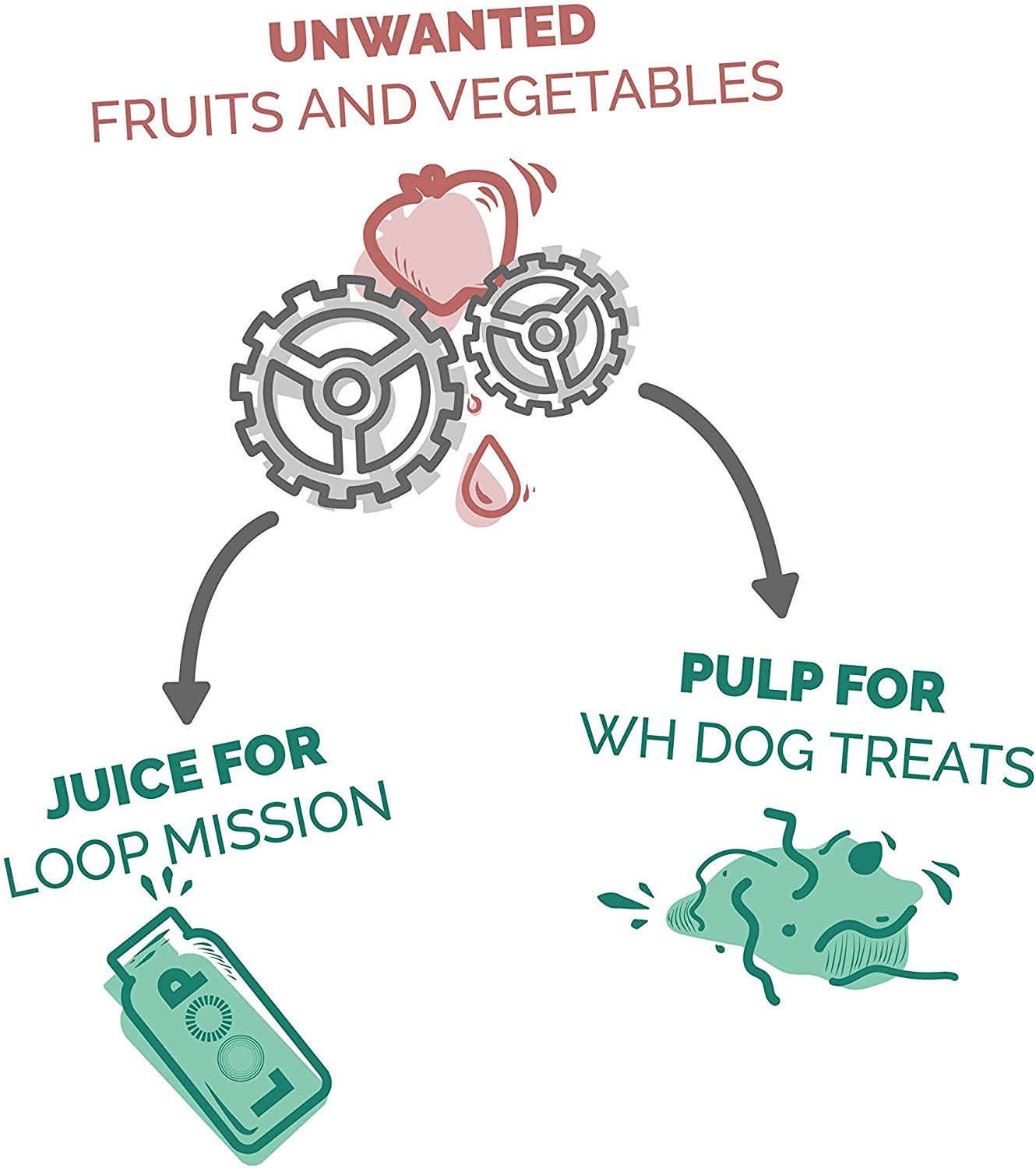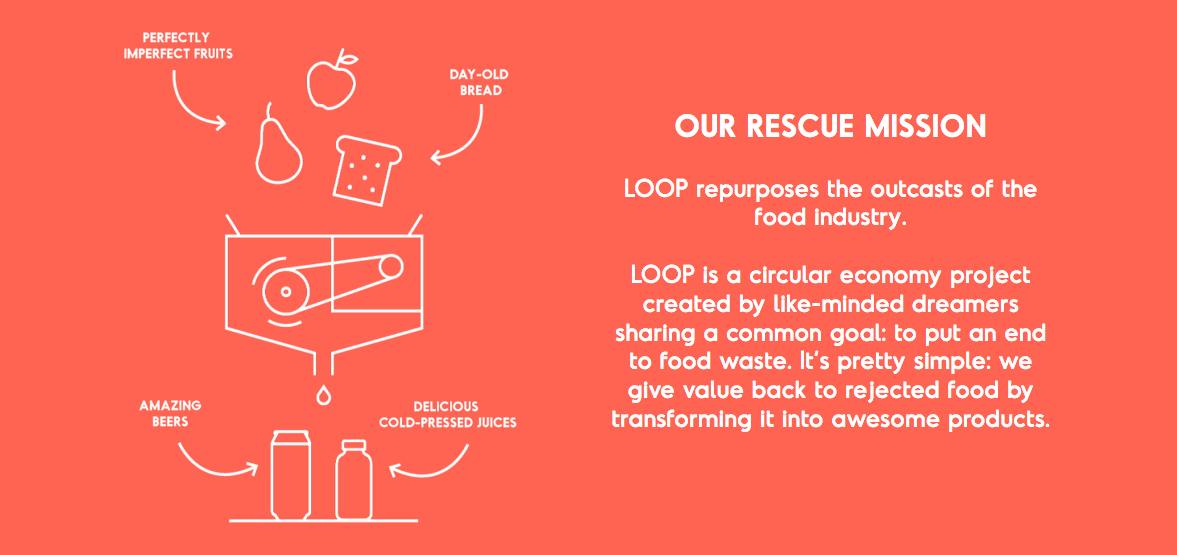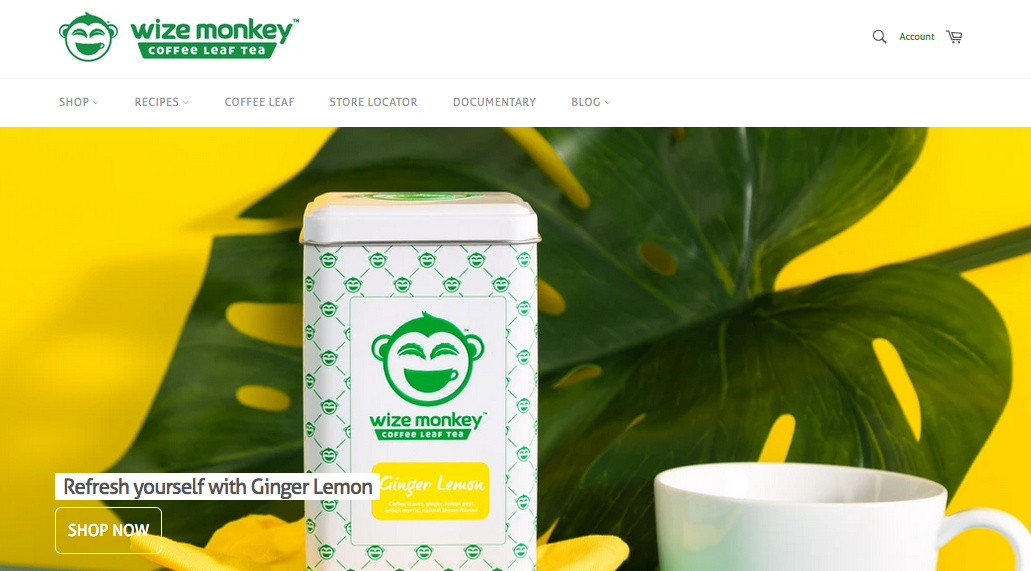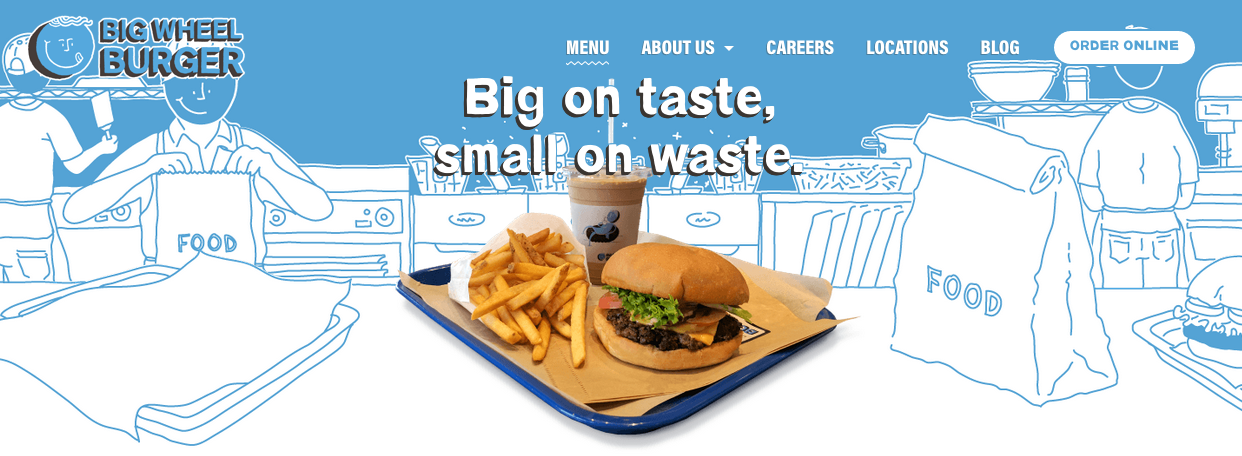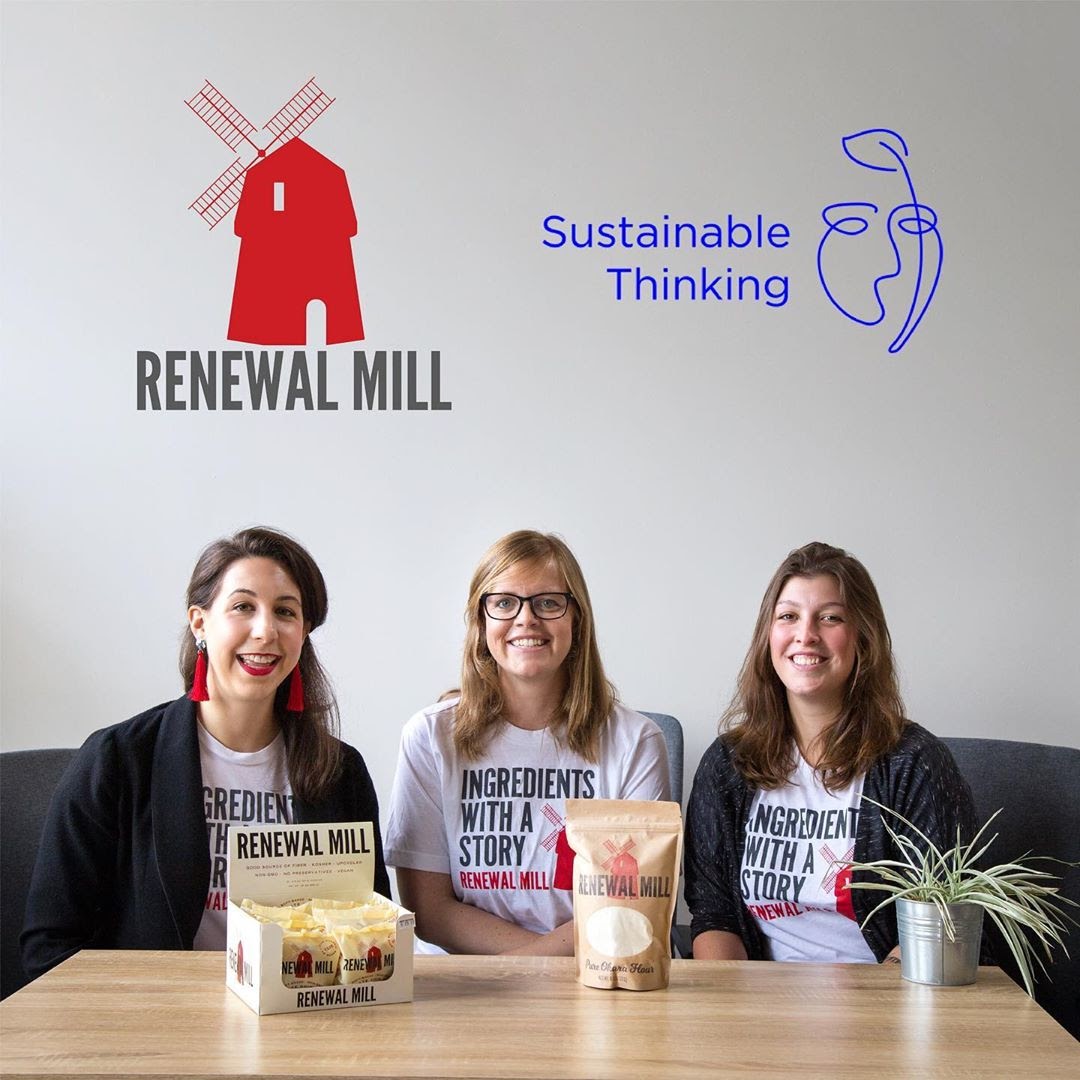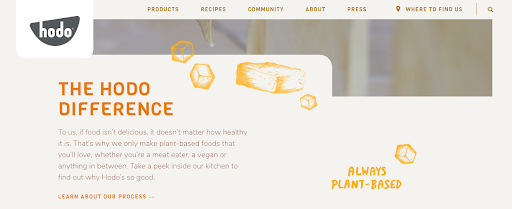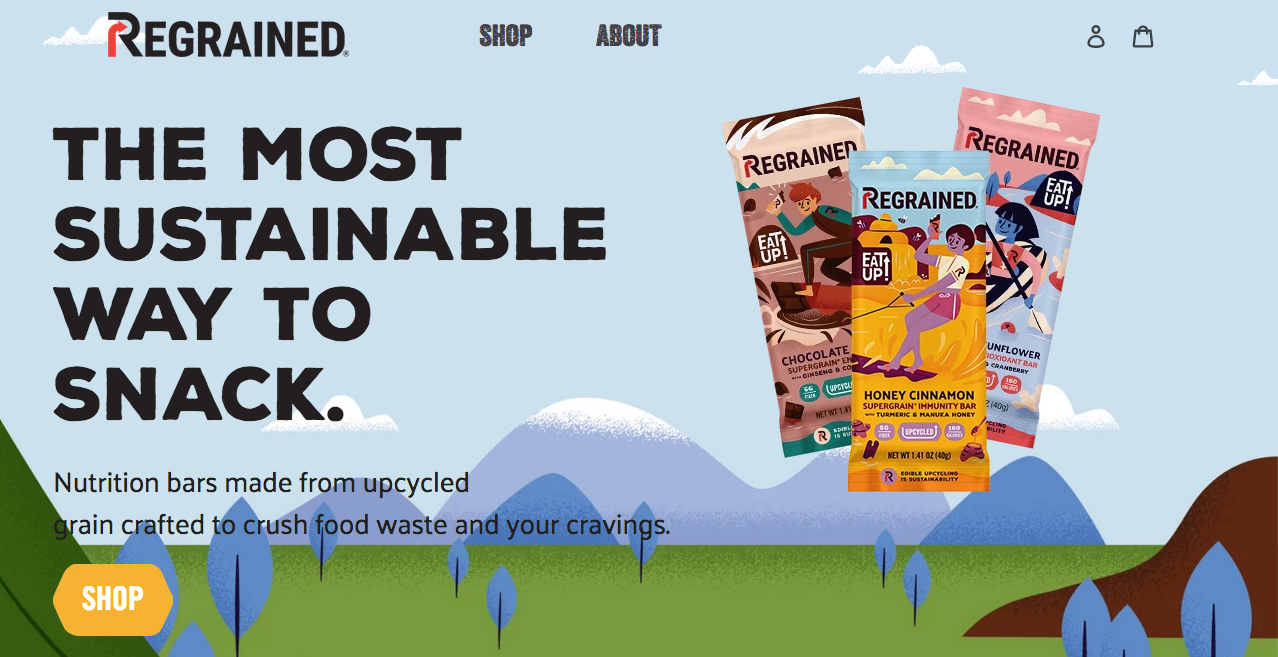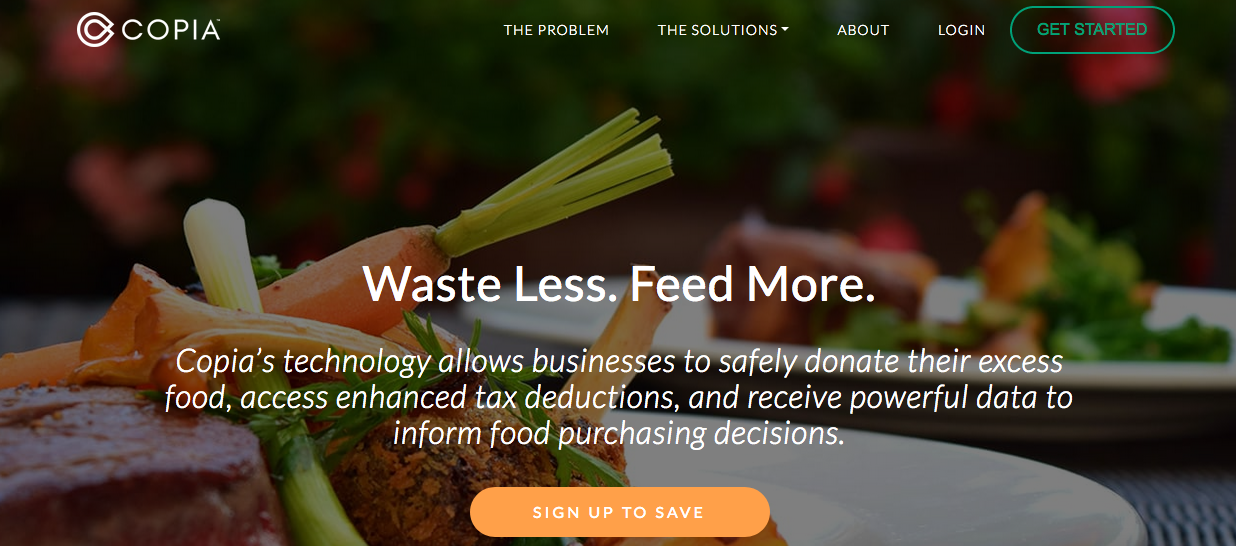Raising awareness and education for solutions to food waste
Creative minds are seeking opportunities to make things right when it comes to the absurdity of food waste. Some social entrepreneurs are looking to implement efficiencies as they come across waste in their particular areas of concern. Others are looking for solutions to waste issues that they stumble across and feel a calling to solve.
At A.R. Marketing House, we work with companies making a difference with much needed innovations that seem so obvious; you wonder why you didn’t think of it first. Their ideas allow for unique ways to profit from a mission to reduce waste and help the environment in various ways.
Here are some food waste solutions bringing real change to our world.
Food Waste
LOOP Mission are the creators of cold-pressed juices and unique beers. They also supply high fiber pulp residue that eventually becomes doggy snacks.
LOOP works on the concept of capturing blemished, stock imbalanced, or rejected vegetables and fruits to create a variety of juices that are put through a process called pascalization (sterilization via pressure) rather than the common use of pasteurization (sterilization via heat). Oh, and they even use day-old bread for making fruity spirits and sour beers.
The components for LOOP products are collected before companies like Mucci Farms in Ontario and Courchesne Larose in Montreal, Canada is forced to send perfectly tasty and healthy yet imperfect looking produce to landfills.
LOOP Mission is based in Montreal, Canada. LOOP is a favored name for other companies using similar concepts regarding circular economic business models and concepts. So keep LOOP and Mission together when searching the company. These entrepreneurs saw the massive waste in the agricultural industry and came together to do something about it. Thus was born the “Rescue Squad” looking to save those fruits and vegetables that food banks couldn’t handle and turn them into cold-pressed magic.
The creative minds at LOOP Mission and their “Rescue” concept are having a positive environmental, as well as an economic impact. Older shared statistics show LOOP Mission’s impact as follows:
- 2,580 GHG emissions avoided
- 271,160,022 liters of water saved
- 835,466 slices of bread rescued
Now LOOP is rescuing potato scraps to make a lime and ginger gin as well as soap from, guess what, “rescued” overstocked vegetable oils.
This is an idea and a company that needs to spread across the Americas and the world.
Solving Social Waste
Wize Monkey is based in Vancouver, Canada looking to resurrect and spread the use of coffee leaves to make a healthy award-winning tea. Their waste is more socio-economic than the usual waste saving model that we generally think of. Wize Monkey’s project revolves around rescuing human lives, minds and stabilizing those many coffee farms where we get that nice jolt of joe.
Wize Monkey found a wonderful surprise – coffee leaves make a tasty, healthy beverage. Coffee with leaves? Not exactly, these are leaves being brewed to give a variety of wonderful flavors like tea like Jasmine, even Earl Grey. You get a nice subtle kick. But you get more with Coffee Leaf Tea, and we don’t mean just an AWARD Winner, you get a concept that keeps workers in the fields year-round. You get stomachs saved from near starvation as families migrate, looking for ways to put food on the table when the coffee harvesting season is over. Children get a chance to grow in a stable home and have more fulfilling lives. Best of all, you support help reduce waste and “stabilize” economies in coffee-growing countries.
Wize Monkey started in 2014. They now have customers in 35 countries. Not bad for what actually started as a business class assignment.
They are based happily in the wonderful city of Vancouver, Canada. How do they get coffee leaves in Canada? Good question – Wize Monkey currently teams with a major coffee grower in Nicaragua in Central America. From this farm, the plants are grown, cultivated, processed, and then the leaves are shipped off to Vancouver.
After discovering the benefits of using the leaves from coffee plants for tea, Wize Monkey is looking to turn the seasonal nature of coffee farms into year-round operations, stabilizing life for farmers and the workers who supply this valuable bean to the world. Now, this innovative product can help overcome fluctuating prices that coffee bean growers regularly encounter. Putting the leaves to use gives the farmers a new source of income, adding an important socio-economic element to this struggling country.
Next comes getting the 25 million coffee farmers worldwide on board. Imagine if they too had flat rates for their leaves? Imagine if these producers and workers got a fair share of their piece of the action? Imagine drinking one of their tasty teas and thinking healthy thoughts. For more info, refer to the Wize Monkey impact page.
Repurposing and partnering with Nonprofits
Big Wheel Burger. What a great thought, french fries that fuel. The name is not an indication of the size and shape of their burgers. It’s a reference to something much cooler – the company’s fryer oil that gets converted to biodiesel by another local company Cowichan Biodiesel.
Actually, Big Wheel’s main point of pride is making delicious food. They have taken a hint from the climate crisis and look to have a positive impact on the environment while still making great fast food.
From their home on Vancouver Island, the influences of trying to create a circular economy are strong. Big Wheel Burger refers to itself as Canada’s first carbon-neutral fast food restaurant. Their quality classic American Cheese Burger comes with a twist. They try to surround it with compostable containers and a commitment to keep their area trash free. They have partnered with Food Eco District (FED) that works with local restaurants to reduce their impact on the environment. They try to see that those pesky single-use items get to become compost in the FED garden.
Big Wheel Burger was committed to becoming carbon neutral from its inception. Their kitchens were set up with high-efficiency appliances, fryers, and fridges.
A tasty operation. Check out their site. Tell me, could your city use a sustainable and innovative burger business that helps fuel vehicles?
Upcycling an East Asian winner
Renewal Mill is an Oakland, California based company looking to introduce the American public to a flour that could be termed a Superfood. Yes, they want to reduce global waste by upcycling the soybean pulp left after tofu and soymilk are processed. Okara, an ancient child of the soybean, so prominent in East Asia, has long been given a second life. Renewal Mill is looking to take this poor cousin and turn it into a variety of tasty and nutritious items with multiple levels of benefit. How about that? Upcycle what might be waste and bring on a healthy impact while you are at it.
Renewal Mill captures and dries the pulp left in the tofu process and makes a healthy, flexible flour that challenges the food waste syndrome and upcycles the former burden into a valuable product.
Farmers, the original creators of the circular economic system, never let anything go to waste. Renewal Mill has captured this concept to find a sustainable use for this “shell” (pulp) and repurposes the pulp of the soybean by drying it out and converting the Okara into a flour.
Renewal Mill is looking to expand on this ancient East Asian product and other products that can be salvaged from the waste stream and turned into a valuable and healthy benefit to society. What is most unique are the plans to grow and spread this concept of repurposing food by-products. Starting with a partnership with another Bay Area company Hodo Foods; spreading the idea of how good their flour is with Chocolate Chip Cookies and looking to spread a business model, Claire Schlemme founder and CEO of Renewal Mill calls “co-location” which is a “plug and play model” with tofu makers around the country. Watch next, for pancake mix and pasta hitting shelves near you.
An Upcycling Team Member
Hodo Foods, a partner of Renewal Mills, is an organic tofu maker and pulp supplier for Renewal. They are known for their top quality organic plant-based hand-crafted food and as masters of wonderful tofu.
Like Renewal Mills, Hodo hopes to save 100% of their raw material and have this burden turned into upcycled tasty edible alternatives. This Oakland, California neighbor was giving 5 to 10% of their leftover pulp to Renewal Mills, and that should grow since Renewal Mills pays far more than they get for animal feed at local dairies.
Check out Hodo and their great tasty plant-based foods. They are strong supporters of a circular economy and look to put quick, tasty food on your plate via upcycling a concept that needs to grow.
Repurpose and Upcycle
Regrained is a product that blossomed from a couple of adventurous and some creative minds. No doubt, they said, “whoa” when they found that the grain used in the brewing process to make beer takes out the sugar—leaving behind protein, fiber, and micronutrients that could be made into a flour called “SuperGrain+” and incorporated into snack bars. Repurpose. Don’t waste. Upcycle.
Yes, Regrained is a great concept. Their nutrition bars are as they say “upcycled grain” that crushes food waste. Grains leftover from the beer brewing process get made into healthy, tasty, and delightfully flavored bars and puffs.
These young food entrepreneurs, discovered as college-age home-brewers, that researchers had found brewer grains actually had wonderful nutritional value. Imagine all the breweries creating a magical supply ready to be rescued “ left-overs” or as they like to imagine “harvested.” Another upcycle winner. The beer-making process leaves 1 lb of nutritious grain for every 6 pack.
This company from California’s Bay Area grabs those spent grains from the beer brewing process and turns those fibers into a food source that just happens to promote digestive health.
Regrained got help from the USDA and an innovative patent-pending process that creates flavorful, nutritious snacks. Regained is finding a way to reduce waste while handing out a Superfood to those interested in keeping the old gut happy.
A Needed Rescue Operation
Copia is a company looking to make hunger, history. They strive to make healthy food more accessible to people in need before it ends up getting wasted. In their eyes, food waste is a logistics problem, and they are there to help businesses and nonprofits redistribute high-quality excess food to people in need.
Copia takes a slick approach to find food for those in need. Copia says we waste three times more food than there are mouths to feed. This is shocking. Their game is rebalancing food distribution. Organizations have banquets, meetings, etc. and extra high-quality food is left unused. Copia’s unique idea is executed via a Mobile APP. The donating company or organization contacts Copia when there is excess food, and Copia ensures that perfectly good food gets to nearby nonprofits. Technology helps to make amazing things happen when driven by companies like Copia.
At its core, Copia rescues food from going to waste, but they actually do much more. The technology can help what tax deductions might be available from their food donations. Restaurants, hotels, hospitals, and even corporate cafeterias can link with Copia to see their donations efficiently transferred to areas of need.
They have been centered in the San Francisco Bay area, but are hoping to take their model nationally, even internationally.
Copia is a for-profit, conscious business that hates waste like the rest of us. Copia was created to smooth the way to reduce waste and hunger by seamlessly feeding communities in need.
Conclusion:
These are just a few companies using ideas to solve concerns and go far beyond a profit motive.
Marketing sustainable solutions through education are incredibly important to the promotion and implementation of food waste solutions. The more we educate on various waste issues we face today, the greater we open the creative gap for innovations to be sparked and supported. When people are more informed on these key environmental issues, the more influence important companies such as these will have. There is power in education and power in the numbers that are educated.
As a team of environmental science and marketing professionals, we carefully vet and partner with environmental solution-based companies high on the sustainability spectrum. Having a hybrid of experience in understanding the science behind environmental solutions coupled with a marketing and education perspective we discovered that marketing for green businesses looks and feels different, and when put into action brings environmental content marketing approaches bringing ROI to a higher level and can open doors for new innovation and industry change.
Looking for support for your marketing team, breaking down your solutions to add power to your message, we’d love to chat.
References:
https://www.refed.com/downloads/Restaurant_Guide_Web.pdf
https://www.refed.com/?sort=economic-value-per-ton
https://medium.com/social-good-of-silicon-valley/introducing-komal-ahmad-copia-poverty-9c61589a181c


